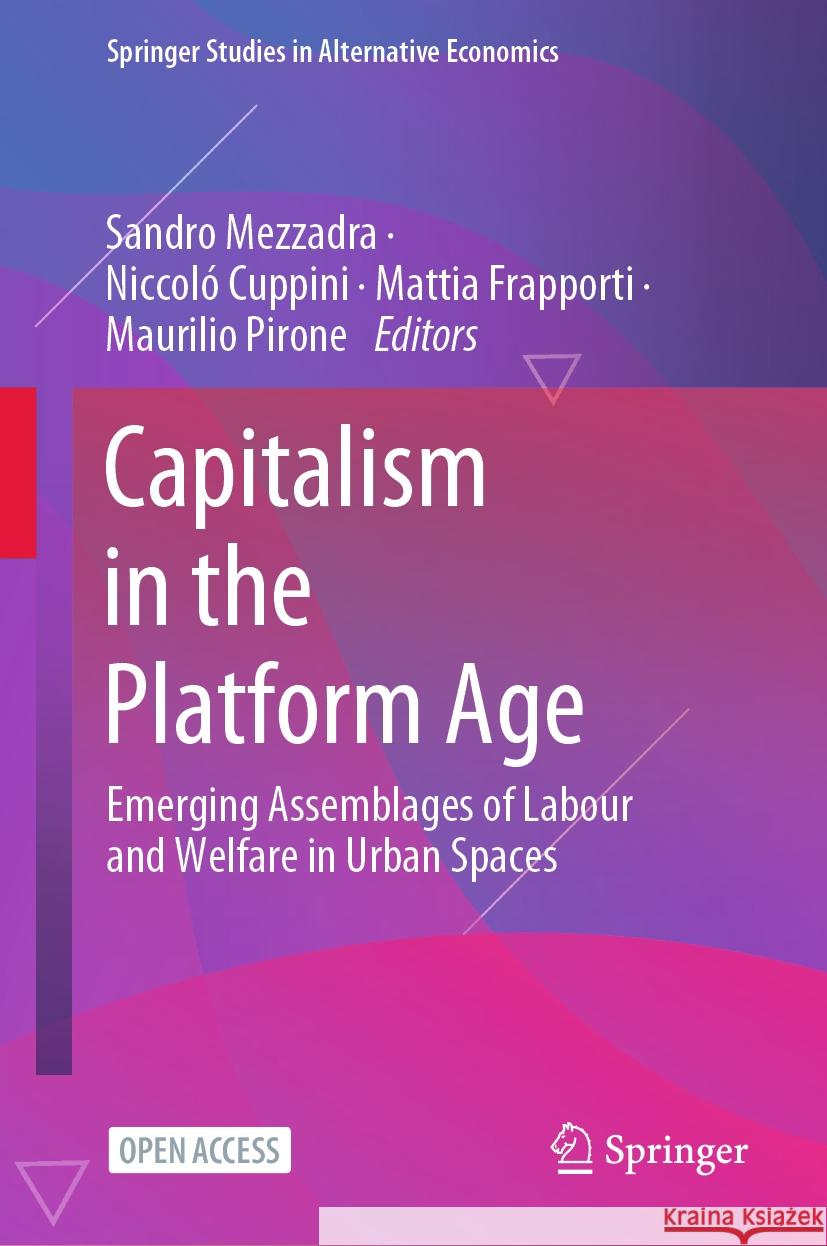Capitalism in the Platform Age: Emerging Assemblages of Labour and Welfare in Urban Spaces » książka
topmenu
Capitalism in the Platform Age: Emerging Assemblages of Labour and Welfare in Urban Spaces
ISBN-13: 9783031491467 / Angielski
Capitalism in the Platform Age: Emerging Assemblages of Labour and Welfare in Urban Spaces
ISBN-13: 9783031491467 / Angielski
cena 201,24
(netto: 191,66 VAT: 5%)
Najniższa cena z 30 dni: 192,74
(netto: 191,66 VAT: 5%)
Najniższa cena z 30 dni: 192,74
Termin realizacji zamówienia:
ok. 16-18 dni roboczych.
ok. 16-18 dni roboczych.
Darmowa dostawa!
Kategorie:
Kategorie BISAC:
Wydawca:
Springer
Seria wydawnicza:
Język:
Angielski
ISBN-13:
9783031491467











